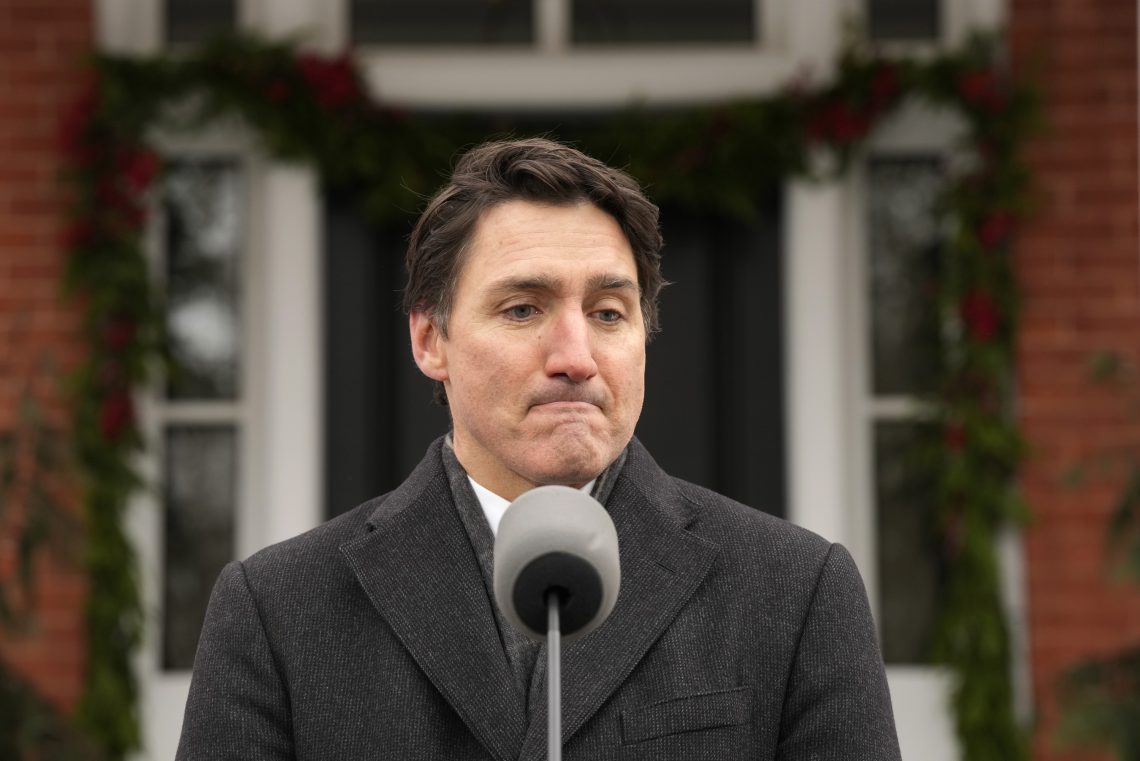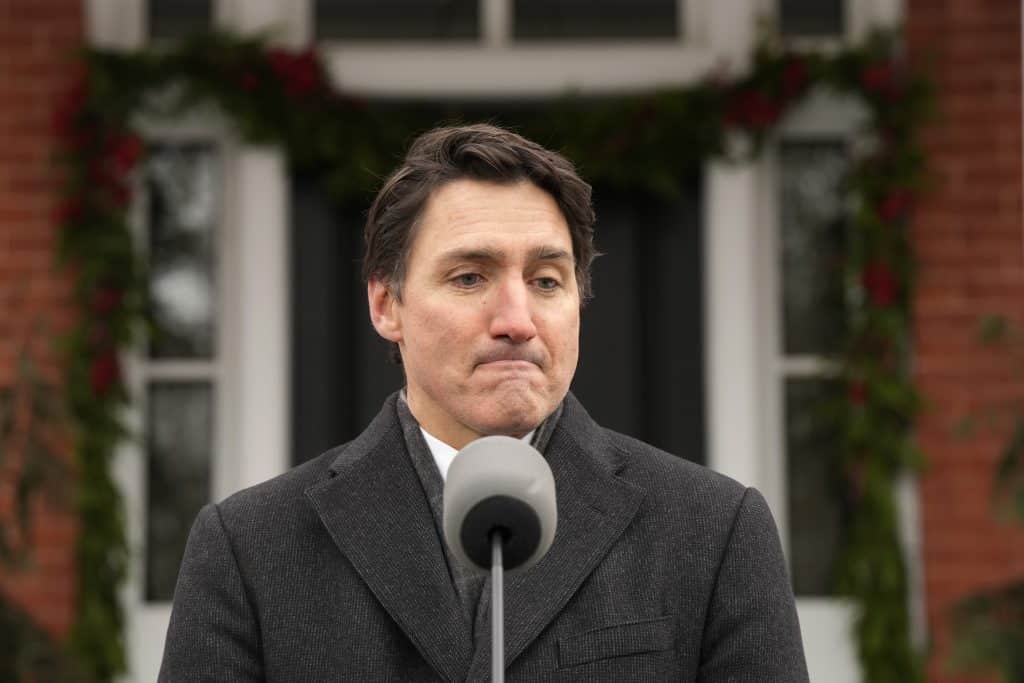U.S.-Canada merger or buyout?
Justin Trudeau Steps Down: Divine Intervention or Political Reckoning
In the wake of Trudeau’s resignation, President-elect Donald Trump has seized the moment to reiterate his unconventional proposal of a U.S.-Canada merger or buyout. Trump, known for his provocative and often jesting remarks, has been vocal about this idea since late 2024, particularly intensifying his rhetoric after his meeting with Trudeau at Mar-a-Lago. Trump has suggested that if Canada were to become the 51st state of the United States, it would benefit from no tariffs, significantly reduced taxes, and enhanced military protection. He has framed this proposition as a solution to the trade imbalances and what he describes as Canada’s dependency on U.S. subsidies. His comments, often laced with humor, such as referring to Trudeau as the “Governor of the Great State of Canada,” were not just seen as trolling but as a strategic move to pressure Canada into better trade terms.
Trump’s calls for a merger or buyout have been met with a mix of skepticism and outright rejection from Canadian officials and the public. However, his persistent mention of this idea on social media and in public statements indicates a deeper strategy, perhaps aiming to force concessions from Canada in trade negotiations or to unsettle the political landscape amidst Trudeau’s departure. This proposition, while largely dismissed as political theater by many, has sparked discussions on both sides of the border about the future of Canada-U.S. relations, especially in the context of Trump’s tariff threats and his broader foreign policy of leveraging economic power for political gain. Whether these calls are to be taken seriously or are merely a part of Trump’s negotiation style, they highlight the unpredictable nature of international diplomacy under his leadership.











